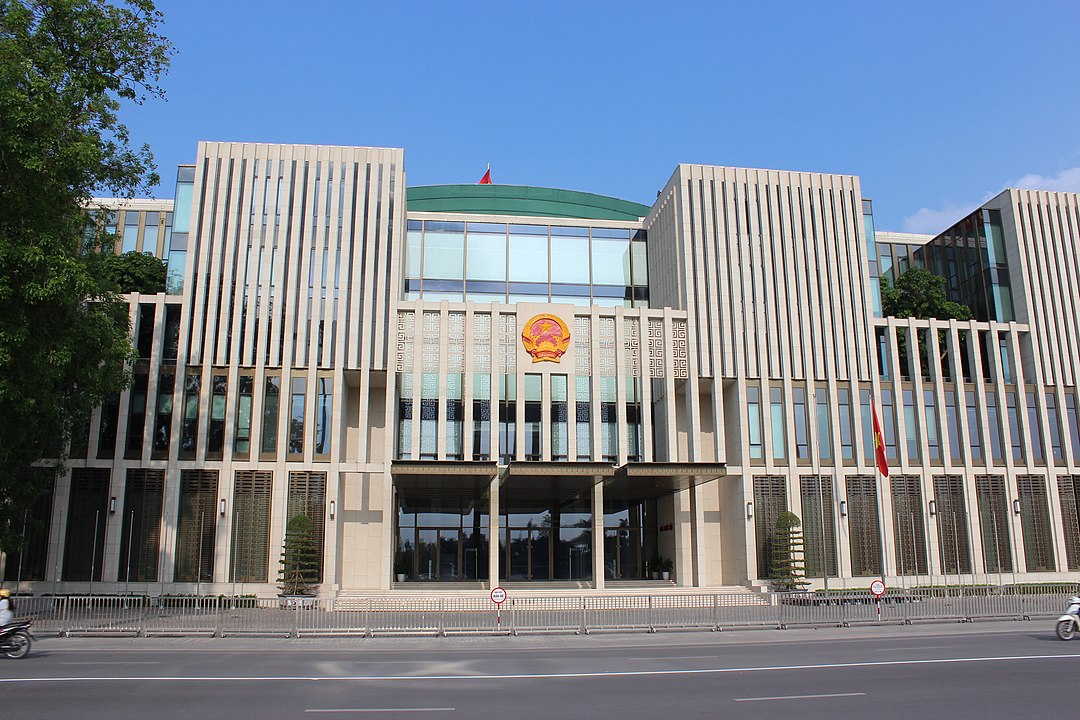Vietnam
On 20 November 2019, the National Assembly voted on the amended Labour Code after months of collecting opinions from employers, employees and experts. Passed by 435 out of 453 present votes (90.06%), the legislation will take effect from 1 January 2021 and bring about the following notable changes:
- Adding a fully-paid holiday
The Standing Committee of the National Assembly proposed to add a fully paid public holiday on either side of Independence Day (2nd September). Consequently from 2021 employees will be entitled to 02 days off in total for Independence Day. - Retirement age
The amended Labour Code visualises a roadmap to increase retirement age. In particular, the retirement age for employees working in normal working conditions will be adjusted in accordance with the roadmap until the retirement age for male and female employees reaches 62 by 2028 and 60 by 2035, respectively.
Starting from 2021, the retirement age for employees working in normal working conditions will be 60 years and 3 months for male employees, and 55 years 4 months for female employees. The retirement age will thereafter be annually raised by 3 months for male employees and 4 months for female employees. - Right to unilaterally terminate the labour contract
According to the current labour code, employees under indefinite-term labour contracts are entitled to unilaterally terminate the contract provided that the advance notice requirement is fulfilled. Otherwise, only in specific cases listed in laws are employees allowed to exercise his/her right to unilateral termination.
However, under the amended Labour Code, employees are entitled to, at their discretion, unilaterally terminate the labour contract by an advance notice regardless of the contract’s term. In addition, in certain cases employees are exempted from the advance notice requirement.
On the other hand, an employer has the right to unilaterally terminate the labour contract without an advance notice only when the employee (i) does not return to work after the suspension period; or (ii) is absent from work without a justifiable reason for at least 05 consecutive working days. - Allowing independent unions
The amended Labour Code marks a milestone where, apart from the Vietnam General Confederation of Labour, employees and employers are free to join or establish any independent representative organisation. However, in order to be legally recognised, such organisation must obtain a licence from the competent authority.
The move is considered part of Vietnam’s efforts to conform to the labour standards set in various new-generation free trade deals it has signed, including the Comprehensive and Progressive Agreement for Trans-Pacific Partnership (CPTPP) which took effect from 14 January 2019 and the EU — Vietnam Free Trade Agreement (EVFTA) signed on 30 June 2019. - Working time and working overtime
Two controversial proposals including (i) decreasing the normal working hours from 48 hours per week to 44 hours per week, and (ii) increasing the overtime cap from 300 hours to 400 hours per year were not passed.
In particular, the normal working hours remain unchanged and will be adjusted under a roadmap at another appropriate time. As to the overtime cap, although the annual limit was not increased, the monthly cap will be 40 hours, which is higher than the current 30-hour cap.
Related Articles by Firm
Protecting personal data in cyberspace: enterprise’s obligations under the laws of Vietnam
Some of the key takeaways that enterprises should be aware of ...
Can backdating be acceptable?
The effective date of a contract under Vietnamese laws.
Development of collaborative economy in Vietnam
New regulation promises a clear and effective regulatory environment for collaborative economy investors.
The challenges of establishing residential housing projects on mixed-use land areas in Vietnam
Grey areas in Vietnam's housing laws may increase financial risks to developers.
Managing the relationship with special managers in Vietnam
Successful cooperation between a special manager and the acquirer requires the involved parties to know, name and manage this relationship ...
The Law on Cybersecurity and its effects on enterprises in Vietnam
Foreign service providers may be affected by a new regulation aimed at improving cybersecurity in the country ...
Understanding “Business Transfer”
When investing in a business in Vietnam, an investor may prefer to cherry-pick a specific part of the business rather than buying the entire company ...
Related Articles
Related Articles by Jurisdiction
Encouraging foreign direct investment in Vietnam's education sector
One of the noteworthy points under Decree 86 is educational association, which is defined as twinning between Vietnamese private kindergartens ...
Musical chairs: finding the right seat
Asian-Counsel takes a look at the state of arbitration in various jurisdictions across the region, and uncovers the lofty aims of several arbitration centres.
Notable changes introduced by the amended Labour Code 2019
The legislation includes changes to holidays, retirement age, labour contracts, trade unions and overtime.
Latest Articles















 LNT & Partners
LNT & Partners Nguyen Anh Tuan
Nguyen Anh Tuan Bui Ngoc Hong
Bui Ngoc Hong Nguyen Ha Quyen Hoang
Nguyen Ha Quyen Hoang




